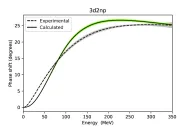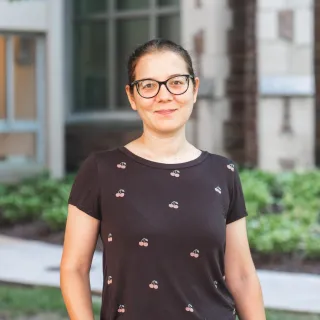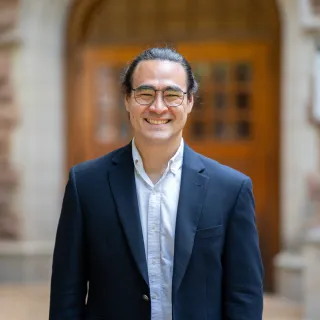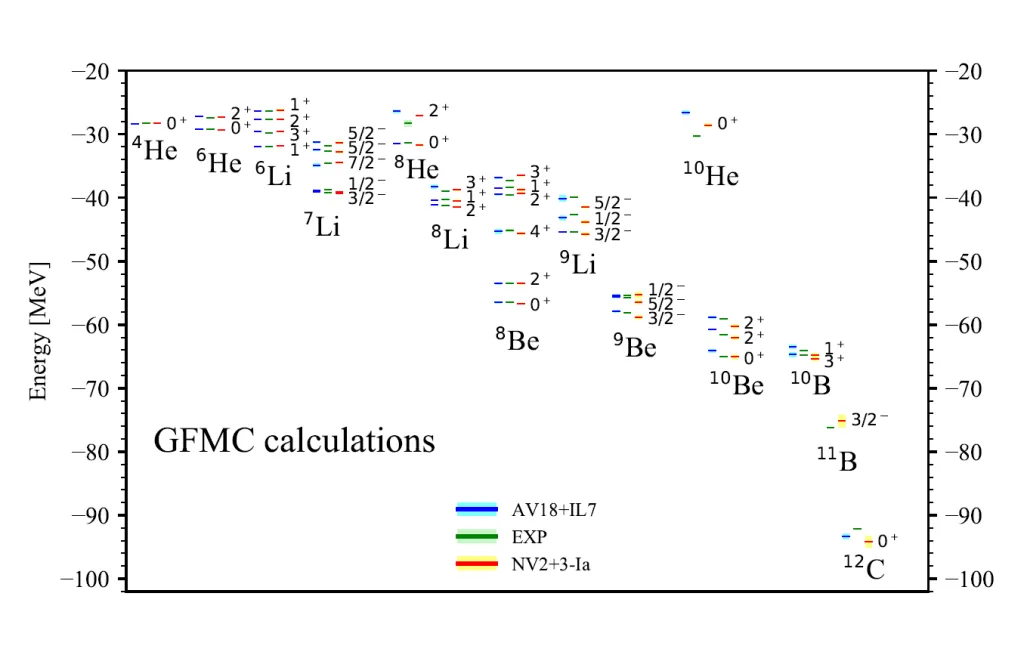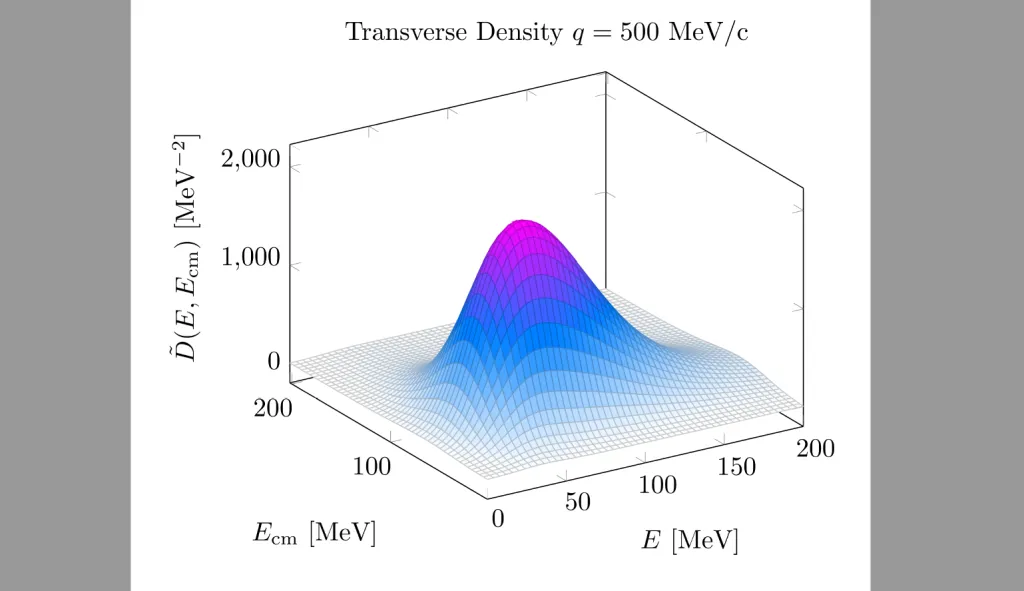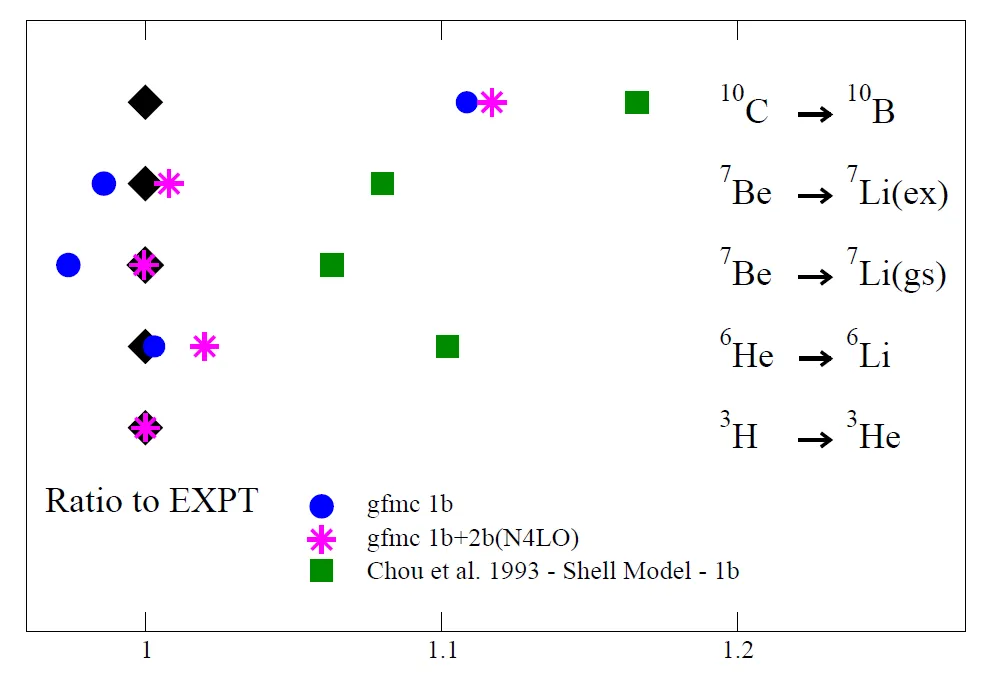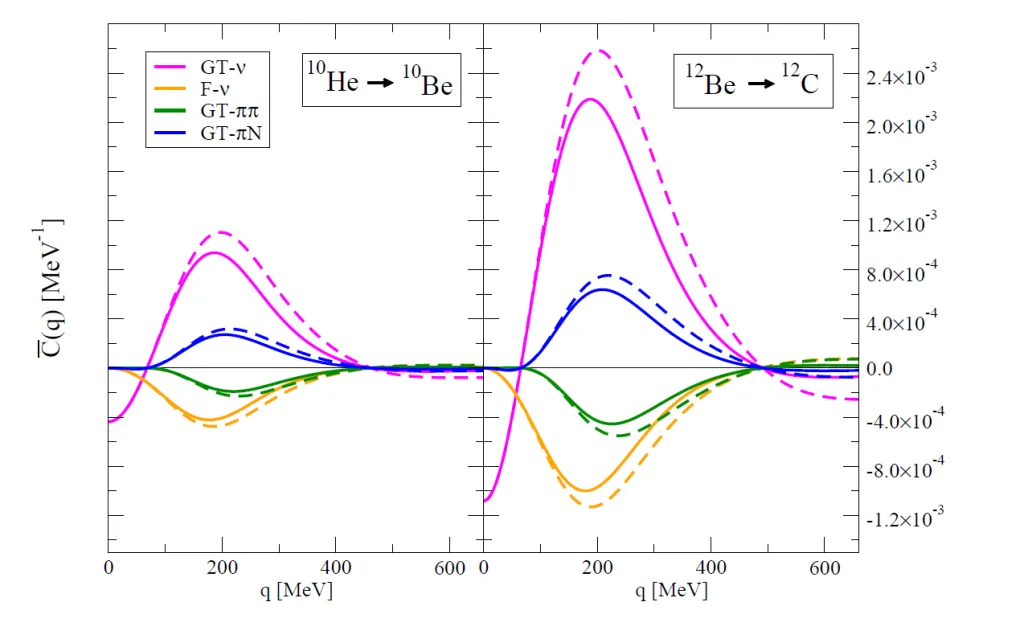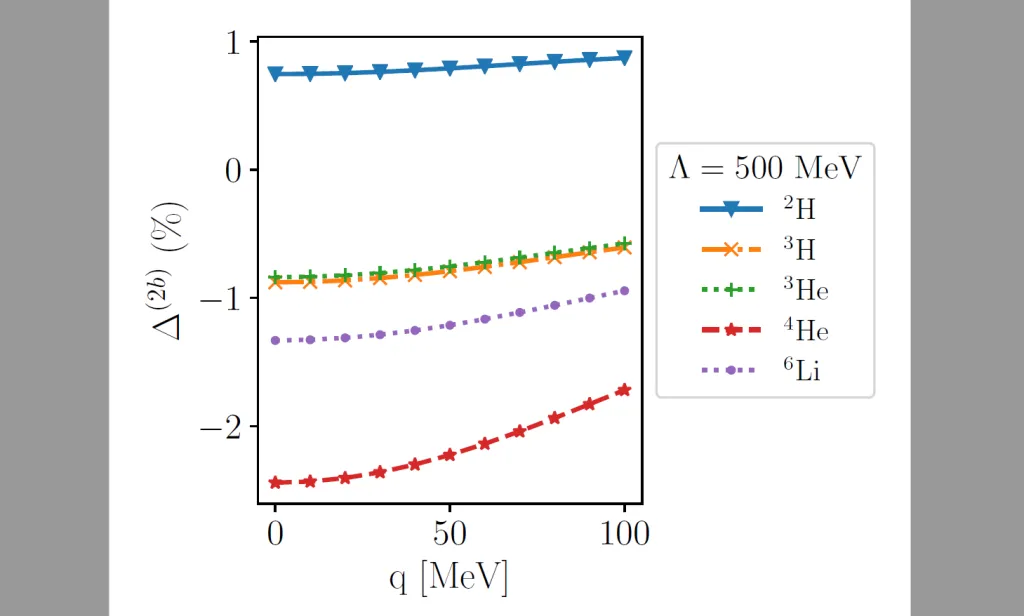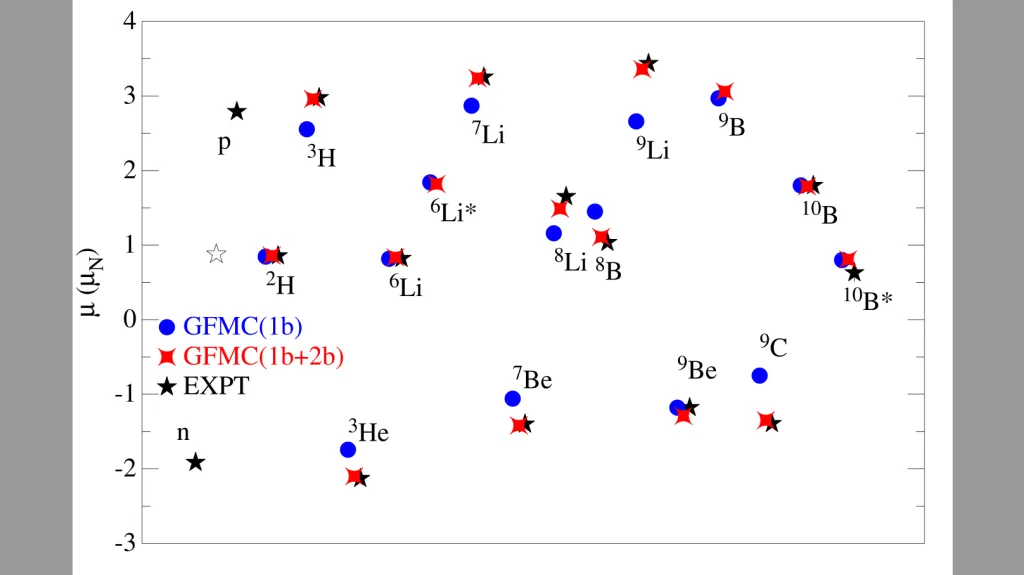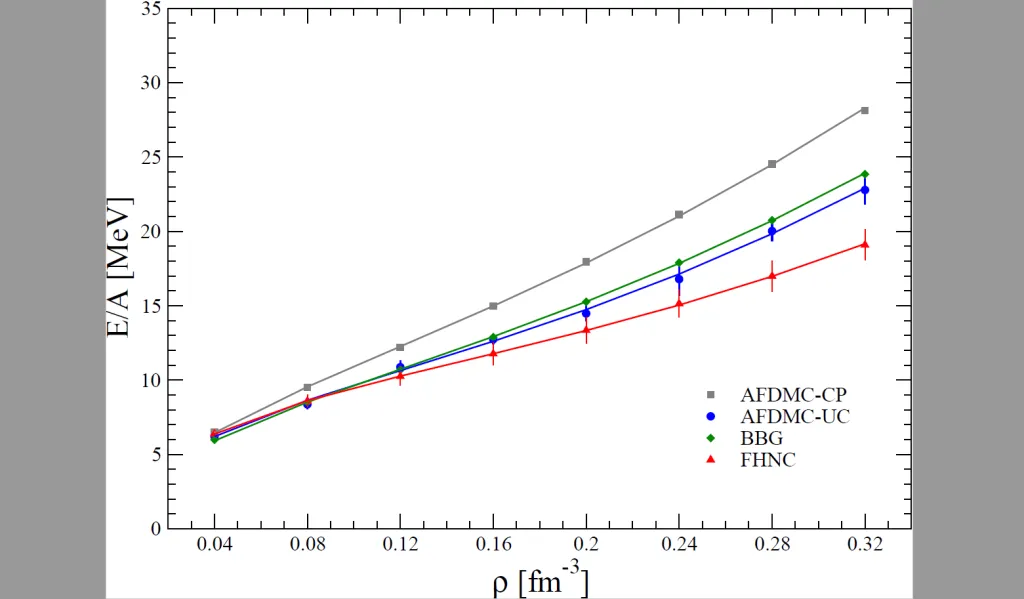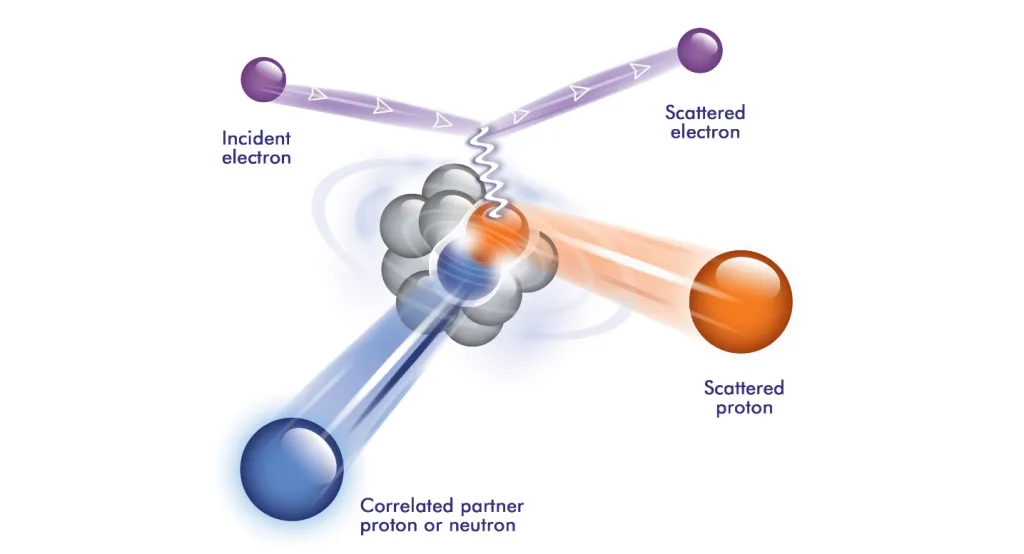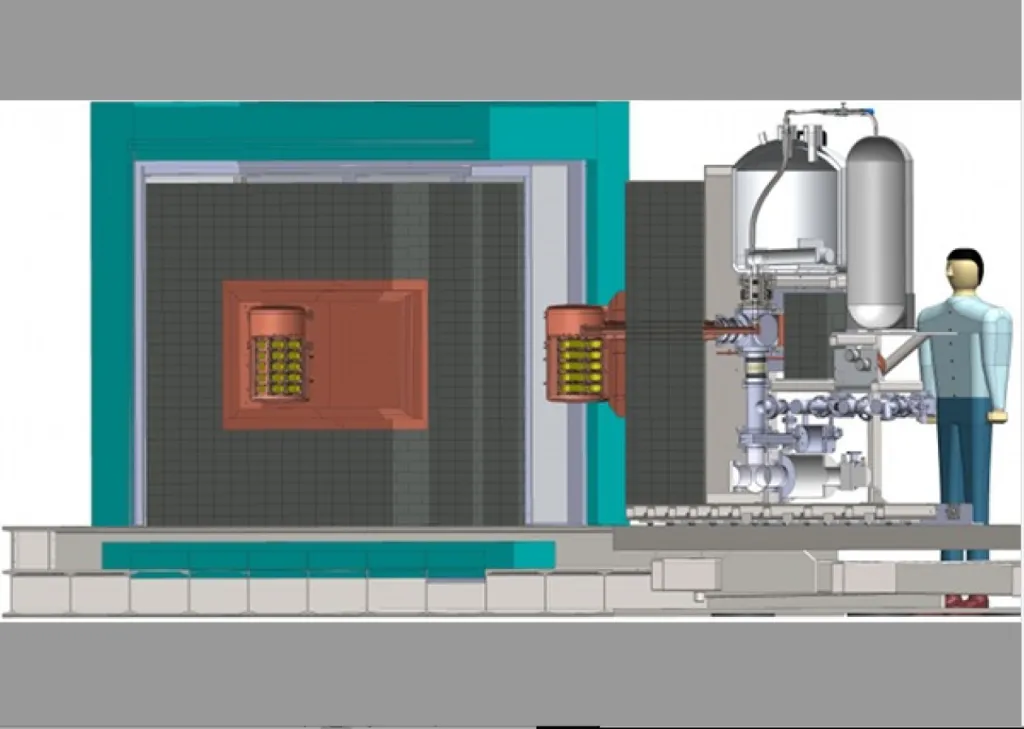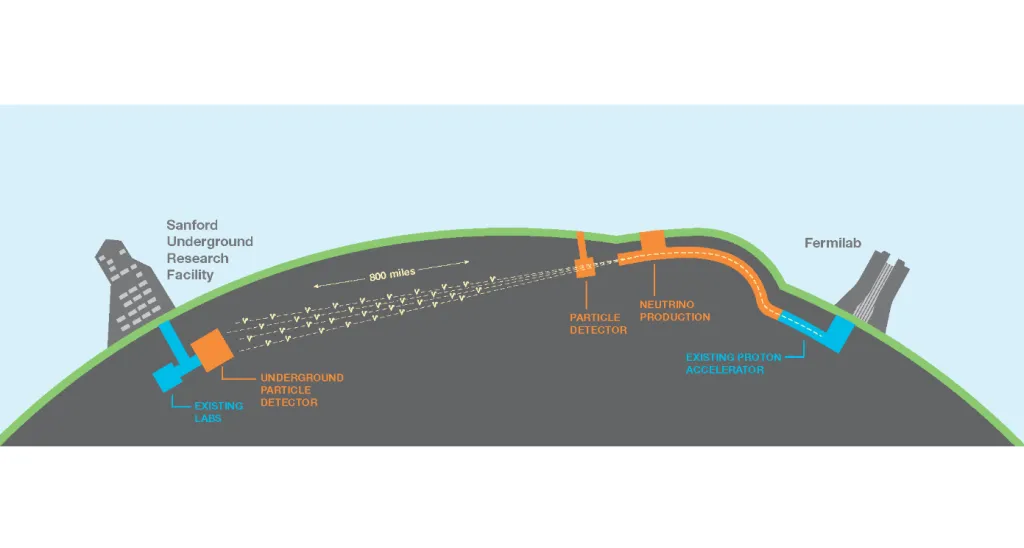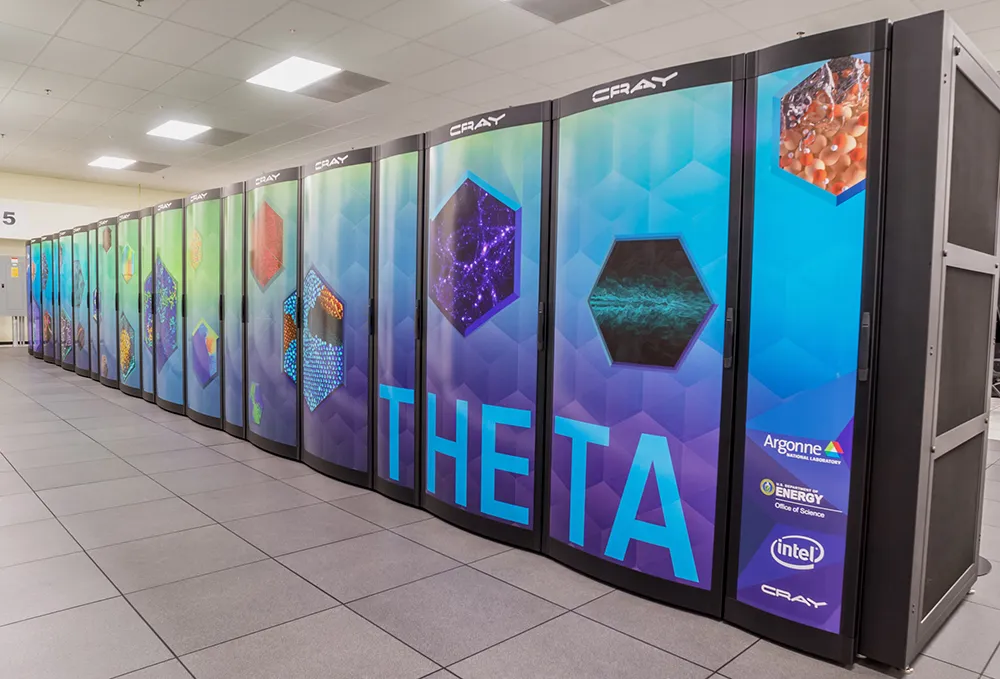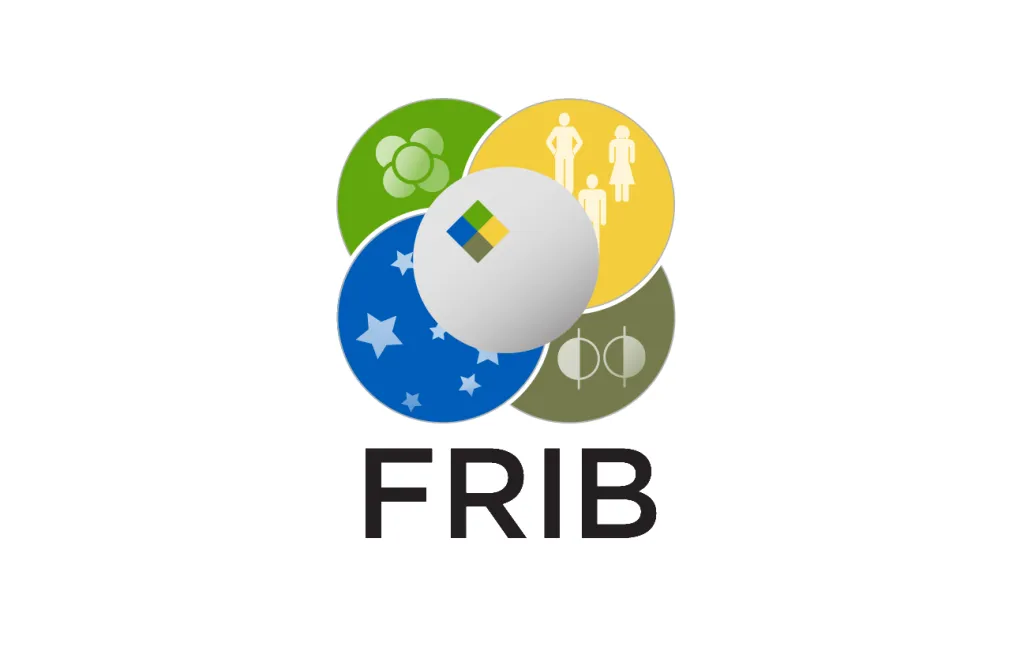Rebecca Lim worked with the Quantum Monte Carlo group for four semesters during the 2020-2021 and 2021-2022 academic years. In the Fall 2020, she focused on studying fundamental concepts of nuclear physics through assigned readings that were discussed in weekly meetings. Rebecca produced detailed notes written in LaTeX that will be used as lecture material for a future introductory nuclear physics course. She also learned the basics of Python programming. In the Spring 2021, Rebecca wrote Python codes to analyze momentum and spatial distributions in light nuclei obtained from Quantum Monte Carlo calculations. During the Fall 2021 and Spring 2022, Rebecca worked on her senior thesis, "Constructing a single-layer, feed-forward neural network to calculate the S-wave phase shift for the two-body scattering problem."
In Summer 2021 Tyler Schon was supported by the Randy and Sally Knight undergraduate fellowship. He worked with Maria Piarulli and Alessandro Baroni (currently at Oak Ridge National Lab) on a quantum computing project involving the implementation of the Variational Quantum Eigensolver for calculating the ground state energy of the deuteron using two-qubit models. Tyler was able to focus towards noise modeling and error-mitigation. After creating a functional two-qubit VQE algorithm with qiskit quantum hardware, he worked on evaluating depolarizing error channels, thermal relaxation error and a combination of both as sources of adding noise to the models. Towards the end of the fellowship, Tyler explored state-of-the-art quantum error mitigation papers and used linear regression and neural networks to map noisy results to mitigated results.
Will Rosenberg has been working on a project involving machine learning for scattering processes with Maria Piarulli and Saori Pastore, as well as Alessandro Lovato and Krishnan Raghavan from Argonne National Laboratory since Summer 2022. His Fall 2022 effort is supported by the Randy and Sally Knight undergraduate fellowship.
Since the Spring 2022, Shivang Yadav, an undergraduate at Indian Institute of Science Education and Research, has been working with Maria Piarulli on a project involving the derivation of coordinate representation of N3LO diagrams in Delta-less Chiral Effective Field Theory.
John Tice worked with Jason Bub, Maria Piarulli and Saori Pastore during the summer of 2021. The main goal of his project was to post process low energy constants (LECs)---i.e., unknown coefficients entering the = nucleon-nucleon interaction---found by fitting experimental data, and phase shifts. This project called for using python to write two scripts, one to process the LECs and the other for the phase shifts. The first takes the LECs and converts them into a more usable form, then produces corner plots of the new constants to determine if any adjusting for outliers needs to be done. The second script takes in the phase shift data and produces easy to analyze graphs using it. These scripts help expedite data processing for the main project.
In the Spring of 2020, Sam Brusilow was supported by the Metzger Family Foundation Undergraduate Research Fellowship. He worked with Saori Pastore and Lorenzo Andreoli to analyze electron scattering and momentum distributions of the alpha particle and carbon 12. He wrote Python codes supplemented by Fortran codes to post process and analyze data from Quantum Monte Carlo calculations. These codes will be utilized to support further research projects.

